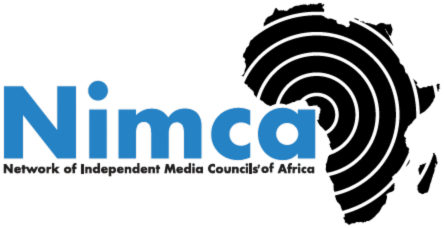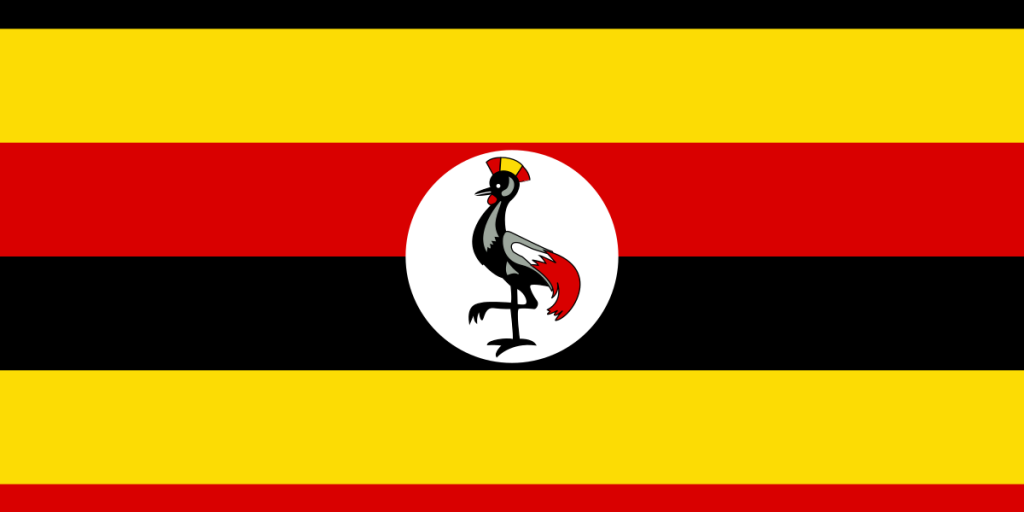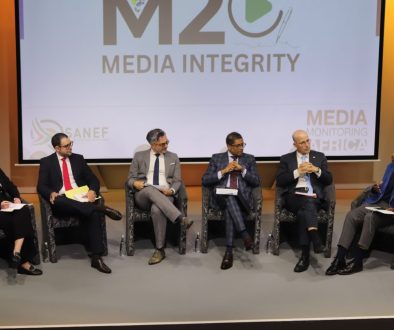Academics find disconcerting trend in Uganda’s freedom of expression
 An in-depth examination of Uganda’s media legal and regulatory framework, with a particular focus on its implications for press freedom, democratic engagement, and the overarching vitality of the media sector, has been published.
An in-depth examination of Uganda’s media legal and regulatory framework, with a particular focus on its implications for press freedom, democratic engagement, and the overarching vitality of the media sector, has been published.
The report, Vulnerable Media, Struggling Democracy: A Critical Appraisal of Uganda’s Media Legal Framework, is an initiative of ACME and was commissioned with the support of the Ford Foundation.
The research and drafting were led by Sulaiman Kakaire and Dr Adolf Mbaine of the Department of Journalism and Communication at Makerere University.
The regulation of media is a fundamental aspect of modern governance and plays a central
role in shaping the dynamics between the media, the state and society.
At its core, media regulation refers to the processes and mechanisms by which media systems are structured, governed, and monitored, typically through legal or quasi-legal means, to ensure they operate in alignment with public policy goals.
These regulations are designed not only to promote fair and ethical media practices but also to safeguard citizens’ rights, including the protection of public order, national security, and privacy
However, the complex and often contentious nature of media regulation lies in the delicate balance between the need to uphold freedom of expression, which is enshrined as a fundamental human right, and the responsibility to prevent the proliferation of harmful, intrusive, or defamatory content.
This report analyses the landscape of media regulation in Uganda. The aim is to critically assess the current media regulatory framework in Uganda, explore the challenges faced by journalists and media outlets, and evaluate the impact of existing laws and regulations on freedom of expression.
It also seeks to examine the broader implications of these regulations for media practice in the country and provide recommendations for enhancing the regulatory environment to better serve the public interest while safeguarding the rights of media practitioners.
Through this report, ACME hopes to contribute to ongoing discourse surrounding media regulation and freedom in Uganda, with a view to nurturing a media environment that is both free and responsible; one that respects the diversity of voices and upholds the principles of democracy and human rights
This report undertakes a comprehensive examination of Uganda’s evolving legal and regulatory environment as it pertains to the media landscape, with a particular focus on the period spanning from 2019 to the present day (May 2025).
Recognising the foundational constitutional guarantee of freedom of speech and expression, including the freedom of the press and other media, this study analyses the growing body of statutory laws, regulations, and policy directives that appear to increasingly restrict these fundamental rights.
Specifically, the report aims to dissect the inherent contradictions between these constitutional principles and the practical application and interpretation of existing and newly enacted legislation affecting the media.
In doing so, this report seeks to assess the extent to which recent legal reforms, particularly those governing digital expression, online content, and the operation of social media platforms, have impacted the autonomy and operational space of media organisations and individual journalists.
Furthermore, it investigates the broader implications of these legal developments for the health and vibrancy of democratic discourse within Uganda.
AFRICAN CENTRE FOR MEDIA EXCELLENCE
Read the full report here



